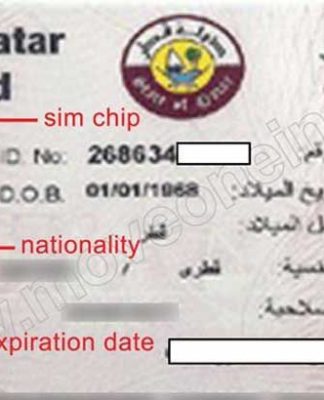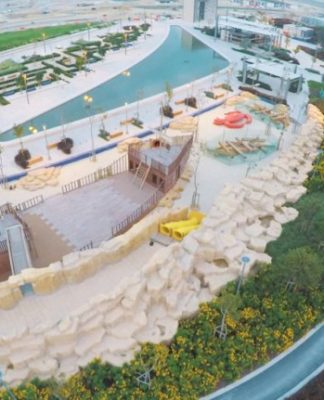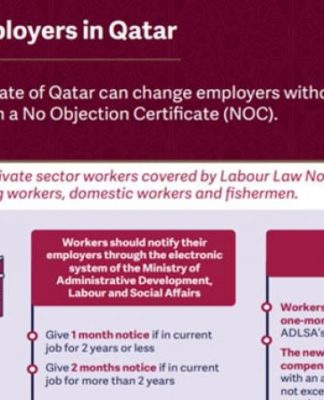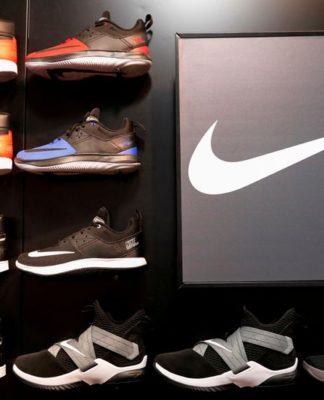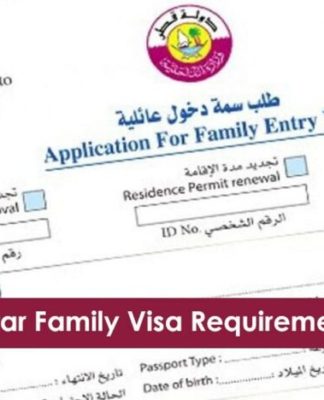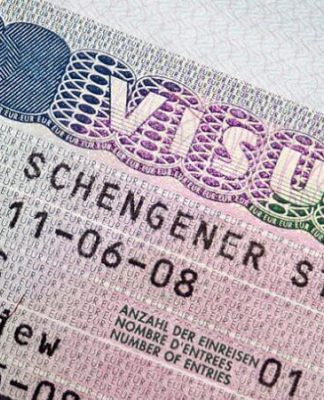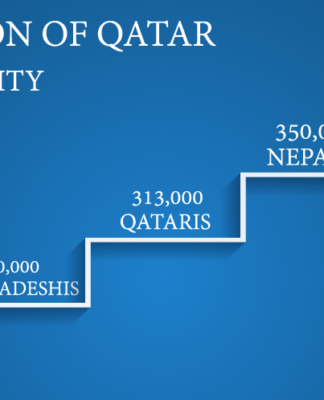Back to homepage / Middle East
ANALYSIS
Retaliate or not? Hezbollah faces conundrum after Israel kills Hamas deputy in Lebanon
Since Israel launched a war against Hamas in October, there have been fears of the conflict spreading across Israel’s northern border to Lebanon. The targeted killing of Hamas deputy Saleh al-Arouri in a Hezbollah stronghold in Beirut increased the risk, putting the focus on the Lebanese Shiite group’s next moves.
Issued on: 03/01/2024 – 21:19
4 min
Le chef du parti chiite Hassan Nasrallah assis dans un fauteuil, à gauche, près du numéro 2 du Hamas Saleh al-Arouri, dans un salon, dans un lieu non renseigné au Liban.
This handout picture provided by Hezbollah’s media office on September 2, 2023 shows Lebanese Shiite group’s secretary general Hassan Nasrallah meeting with Hamas’s Deputy Chief Saleh al-Arouri (R) and Secretary-General of the Palestinian Islamic Jihad movement Ziad al-Nakhala (L) at an undisclosed location in Lebanon. © Handout photo via AFP
By:
Marc DAOU
The shockwaves triggered by Tuesday’s Israeli strike that killed Hamas deputy leader Saleh al-Arouri in a Hezbollah stronghold in Beirut continues to ripple through Lebanon and the region.
While the drone strike did not target the Lebanese Shiite group, the assassination in the heart of the Hezbollah stronghold of Dahiyeh, a teeming southern Beirut suburb, puts the group in a difficult position.
Since Israel launched its war on Hamas in retaliation for the October 7 terrorist attack, the IDF (Israeli Defence Forces) and Hezbollah have engaged in a series of low-intensity skirmishes on the Lebanon-Israel border.
The risk of a regional spillover escalated after Tuesday’s targeted killing. It marked the first Israeli attack deep in Lebanese territory since the Hamas attack on Israel. What’s more, Arouri was killed in Dahiyeh in the first Israeli strike in the Hezbollah stronghold since the 2006 Lebanon war.
Tacit rules of engagement ‘blown apart’
For nearly three months, Israel and Hezbollah followed tacit rules of engagement while the IDF conducted a brutalising military operation in Gaza. Tuesday’s attack blew apart the implicit constraints between the two sworn enemies.
01:21
“The rules of engagement have been completely blown apart by Israel, which has crossed the red lines,” said Anthony Samrani, editor-in-chief of L’Orient-Le Jour, a Lebanese daily. “Hezbollah finds itself in a very delicate position where, on the one hand, it cannot fail to respond. At the same time, if it responds too forcefully, it risks an open war with Israel that it is seeking – or at least has so far sought – to avoid.”
The balancing act was on display on Wednesday, when Hezbollah chief Hassan Nasrallah delivered a pre-scheduled televised address to mark the third death anniversary of Iranian Revolutionary Guards general Qassem Soleimani, who was killed in a US strike.
In a lengthy, two-hour speech, Nasrallah said Arouri’s killing cannot go unanswered. Israel’s assassination was “a major, dangerous crime for which we cannot be silent”, said the Hezbollah chief.
“If the enemy thinks of waging a war on Lebanon, we will fight without restraint, without rules, without limits and without restrictions,” he said. But Nasrallah stopped short of declaring war against Israel, noting only that Hezbollah was “not afraid of war”.
For its part, Israel, which had been desperate since the start of the Gaza war to eliminate a leading Hamas figure, finally achieved its objective … in Lebanon.
Arouri’s elimination inflicts a hard blow on Hamas since he was an experienced fighter and co-founder of the group’s armed wing, the Al Qassam brigades. Hamas has also lost its main interlocutor between Hezbollah, Tehran and the Palestinian Islamic Jihad (PIJ). According to Lebanese media reports, Arouri was due to meet Hassan Nasrallah on Wednesday morning, with whom he was in direct and permanent contact.
He was also one of the Palestinian leaders closest to Iran, and the one who “did the most to forge closer ties with Hezbollah”, said Samrani. He was one of the theorists of what has been called the “axis of resistance” to unite or coordinate their actions against Israel, he explained.
Messages sent to Hezbollah
With Arouri’s assassination in Dahiyeh, Israel is sending two messages to Hezbollah.
Firstly, Israeli forces managed to locate and strike their target in what is considered an ultra-secure haven for the Shiite group, where Arouri felt confident enough to organise a meeting in a Hamas office housed in a residential building.
To avoid Israel targeting its own officials, Hezbollah would have to figure out whether the IDF succeeded due to its own military intelligence or due to Hamas informants.
The second message is geopolitical. Israel is signaling that it is ready for a possible escalation of the conflict on its northern border with Lebanon.
Without directly commenting on Arouri’s killing, Israeli army spokesman Daniel Hagari Wednesday said the military was “highly prepared for any scenario” in its aftermath.
“It is now very important for Hezbollah to reassert its deterrent capability, while taking into account the local context: the Lebanese don’t want to be dragged into a war, and the Shite party does not have the means today to be in an all-out conflict with Israel, especially with a heavy US presence in the region,” Samrani said.
The Israeli decision to strike in the heart of Hezbollah’s stronghold also “implies that Israel wants to open a large-scale front against Hezbollah, even though its US ally has been doing everything to prevent it from doing so for weeks, and considers that this type of operation will force and compel Hezbollah to respond in an extremely muscular manner and thus trigger an escalation that risks becoming uncontrollable after a while”, explained Samrani.
“This is an extremely important moment for Hezbollah, even if the decision to go to war or not, in its reasoning, does not depend on the elimination of senior officials,” Samrani said.
“We saw this with the elimination of Imad Mughniyeh [Hezbollah’s military leader assassinated in Damascus in 2008] in Syria a few years ago, and more recently, that of Qassem Soleimani. Hezbollah does not respond in this way”, he said.
This article has been translated from the original in French.
















